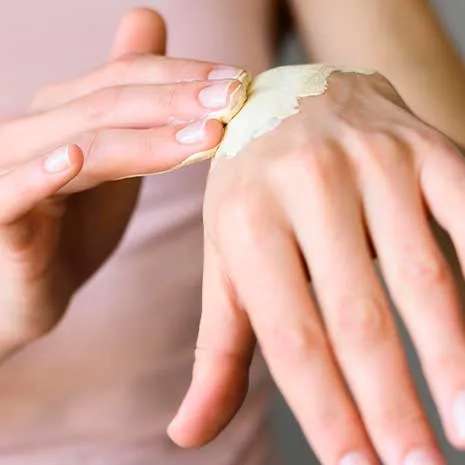Is It Possible to Treat Vitiligo Naturally?

Is It Possible to Treat Vitiligo Naturally?
- 4 July 2025
- 240

Growing Interest in Natural Approaches
Vitiligo is a complex autoimmune skin condition for which conventional medicine offers limited and variable success. In recent years, both patients and researchers have become increasingly interested in natural and complementary therapies. Many individuals with vitiligo explore alternative strategies to support skin health, regulate the immune system, and slow down the progression of depigmentation. This article explores evidence-based natural methods that may help manage vitiligo.
What Are Natural Remedies?
Natural remedies refer to non-prescription approaches including herbal supplements, dietary changes, lifestyle modifications, and complementary care techniques. In vitiligo, natural therapies should not replace medical treatment, but rather serve as supportive tools under dermatological supervision.
Can Natural Methods Cure Vitiligo?
Currently, there is no known permanent cure for vitiligo. However, some natural strategies have been shown to help slow disease progression, modulate immune responses, promote melanin production, and reduce oxidative stress—which are all crucial factors in vitiligo management.
Natural Remedies That May Support Vitiligo
1. Ginkgo Biloba
- Effect: Antioxidant and immunomodulatory properties may support repigmentation.
- Research: A 2011 study showed that 40 mg/day Ginkgo Biloba led to partial repigmentation in some patients.
2. Turmeric (Curcumin)
- Effect: Strong anti-inflammatory and antioxidant action.
- Usage: Applied topically with olive oil or consumed orally.
- Note: Direct skin application may cause sensitivity.
3. Copper and Zinc Supplements
- Effect: Essential cofactors for melanin-producing enzymes like tyrosinase.
- Food sources: Red meat, shellfish, pumpkin seeds, legumes, cashews.
4. Psoralen-Containing Plants (e.g., Babchi)
- Effect: Sensitize skin to UV, mimicking phototherapy.
- Caution: May cause burns if used incorrectly—should only be used under medical guidance.
5. Aloe Vera
- Effect: Supports skin regeneration and provides antioxidants.
- Usage: Apply aloe vera gel directly to vitiligo patches.
6. Propolis and Bee Products
- Effect: May regulate immune function and promote healing.
- Usage: Used topically or orally in tincture or cream forms.
Nutritional Support: A Vitiligo-Friendly Diet
Some dietary strategies may help control vitiligo progression and optimize immune system performance:
Recommended Foods:
- Antioxidants: Berries, dark leafy greens
- Omega-3s: Walnuts, flaxseeds, fatty fish
- Vitamin C: Citrus fruits, kiwi, broccoli
- B12 and folic acid: Eggs, dairy, spinach, lentils
- Zinc and copper: Sunflower seeds, pumpkin seeds, organ meats
Foods to Limit or Avoid:
- Refined sugars and processed foods
- Gluten and lactose (in sensitive individuals)
- Food additives and colorants
Lifestyle and Psychological Support
A critical part of natural therapy is stress management, as psychological stress is a well-known trigger for vitiligo flares.
Recommended Techniques:
- Yoga and meditation
- Deep breathing exercises
- Consistent sleep schedule
- Therapy or vitiligo support groups
Suggested Home Routine for Natural Skincare
Morning:
- Gentle skin cleanser
- Aloe vera gel + SPF 50 sunscreen
Evening:
- Herbal cream containing Ginkgo Biloba
- Olive oil + turmeric mix massage
- Chamomile tea for relaxation
Weekly:
- Moisturizing mask (honey + yogurt + oats)
- Propolis-based topical cream
Risks and Limitations of Natural Remedies
- Effectiveness varies by individual.
- Allergic reactions may occur.
- Not a replacement for conventional treatment.
- Lack of standardization in herbal products can affect safety and dosing.
Frequently Asked Questions
No, vitiligo cannot be fully cured. However, natural remedies may support skin health and slow progression.
Some (like Ginkgo Biloba, turmeric, and aloe vera) may offer mild benefits. Always consult your doctor before use.
Yes. A diet rich in antioxidants, zinc, and vitamin B12 may help. Reducing sugar and processed foods is also recommended.
In some cases, partial repigmentation may occur, but results are variable and not guaranteed.
Yes, many natural methods can complement phototherapy, but they should be used under medical supervision.
